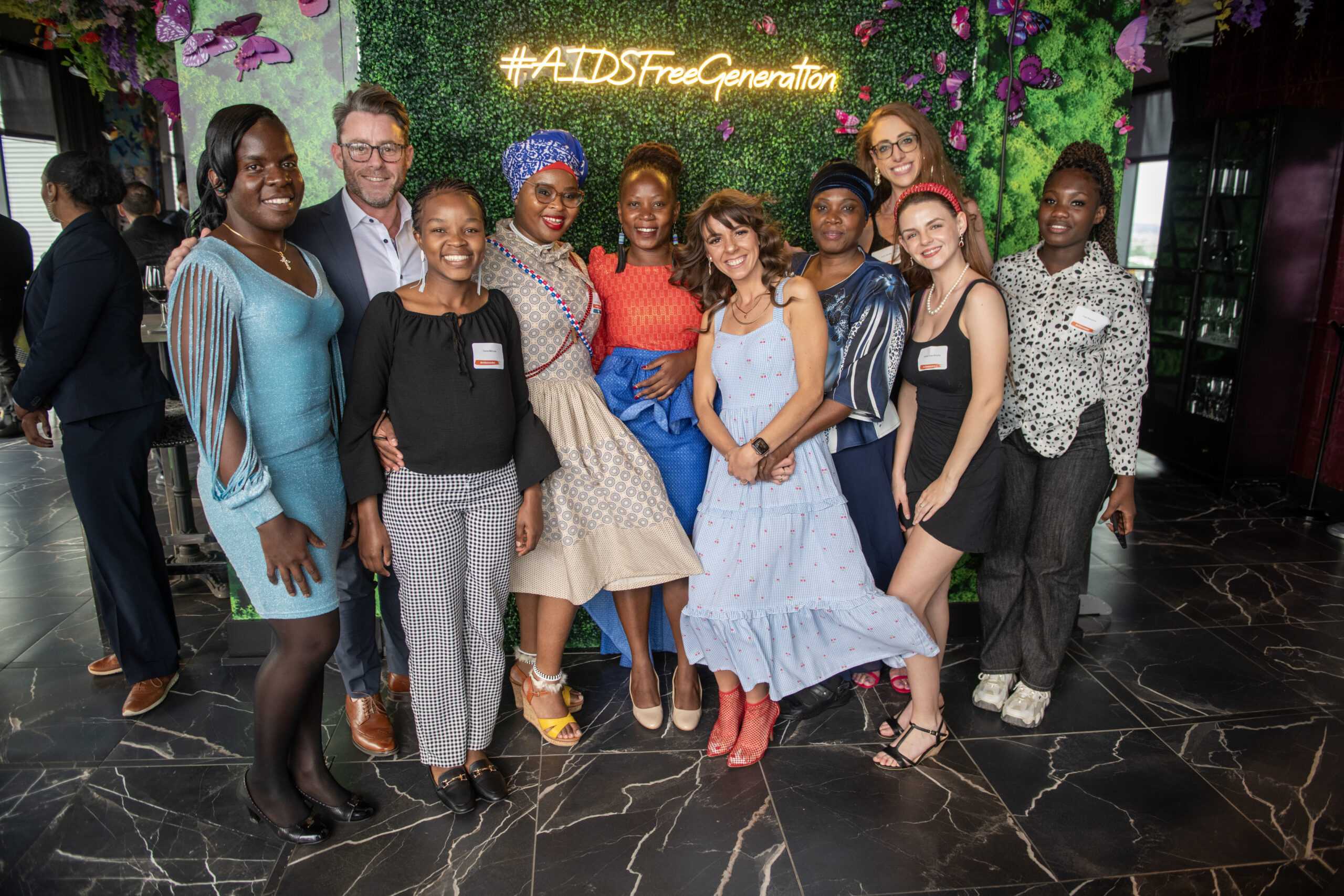While growing up in Rutooma, a village in western Uganda, Brian Ahimbisibwe did not know that he had been born with HIV. His father died when he was only nine months old, and his mother passed away when he was ten. His aunt, who assumed responsibility for his care after his parents died, did not tell him about his status or why he needed to take daily medication—leaving him unaware for years.
In 2006, when Brian was 16, a friend noticed him taking medications and asked if they were for HIV. Brian was confused and shocked, denying the possibility—but his friend’s question planted doubts in his mind. He looked into his prescription and realized it was, in fact, an antiretroviral drug.
“I imagined everyone in my class now knew about my status,” Brian says. “I began to hide when taking the drugs.” He even stopped taking his medications reliably and skipped a few doctor’s appointments. His health began to deteriorate.
Plagued by shame and self-doubt due the stigma HIV carries within his community, Brian struggled in adolescence. Eventually, returning to the clinic where he sought treatment, he recognized three fellow students from school. They acknowledged each other, mutually recognizing their shared status. Finding solidarity in this way was comforting to Brian—as well as his classmates.
He was among the first members of an Ariel Club—a peer-led psychosocial support group for youths living with HIV—started at Kabale Regional Referral Hospital in 2007. Brian also began to help register other children at the clinic and follow up with those who missed meetings. Brian explains that in his Ariel Club, he not only received psychosocial support from peers living with HIV, but also experienced “positive living interventions, just broken down for kids like me.”
In 2008, Brian and a small number of other Ariel Club members were invited to an Ariel Camp in Kampala. “A lot of the HIV knowledge gap was bridged then, and we learned about disclosure and being assertive,” Brian says. This was a “once in a lifetime” experience for him—he and his peers engaged meaningfully with diverse topics such as adherence, sexual and reproductive health and rights, gender and gender based violence, and the transition to adulthood.
After earning a Bachelor’s Degree in Social Work and Social Administration at Uganda Christian University, Brian served as President of the Rotaract Club of Kabale Community – a Rotary Club for 18- to 30-year-olds. In this role, he helped finance meals for children and adolescents living with HIV during their days at the clinic. Brian continues to engage in philanthropy, recently raising funds to purchase three motorboats and 500 life jackets for children who must cross Lake Bunyonyi—the second deepest lake in Africa—every day to get to school.
In addition to his role as an EGPAF Ambassador, Brian continues to support EGPAF programming in Uganda as one of the leaders of “Ariel Club Superstars.” Brian and several other Ariel Club alumni formed this mobile-based virtual support group when EGPAF’s programs scaled down in Uganda. Today, the group has remained a trusted source of information for many young people with HIV—as well as an emotional outlet for those who are newly diagnosed. Outside of his work with EGPAF, he is pursuing a Master’s Degree in Public Health.
Profile last updated: January 2022

Meet the Ambassadors
EGPAF Ambassadors are a community of advocates working together to help EGPAF create a world where no child has AIDS. These passionate voices from around the world include children, young adults, moms, dads, health care workers, celebrities, and technical experts who have been impacted by HIV/AIDS.

Meet the Ambassadors
EGPAF Ambassadors are a community of advocates working together to help EGPAF create a world where no child has AIDS. These passionate voices from around the world include children, young adults, moms, dads, health care workers, celebrities, and technical experts who have been impacted by HIV/AIDS.

